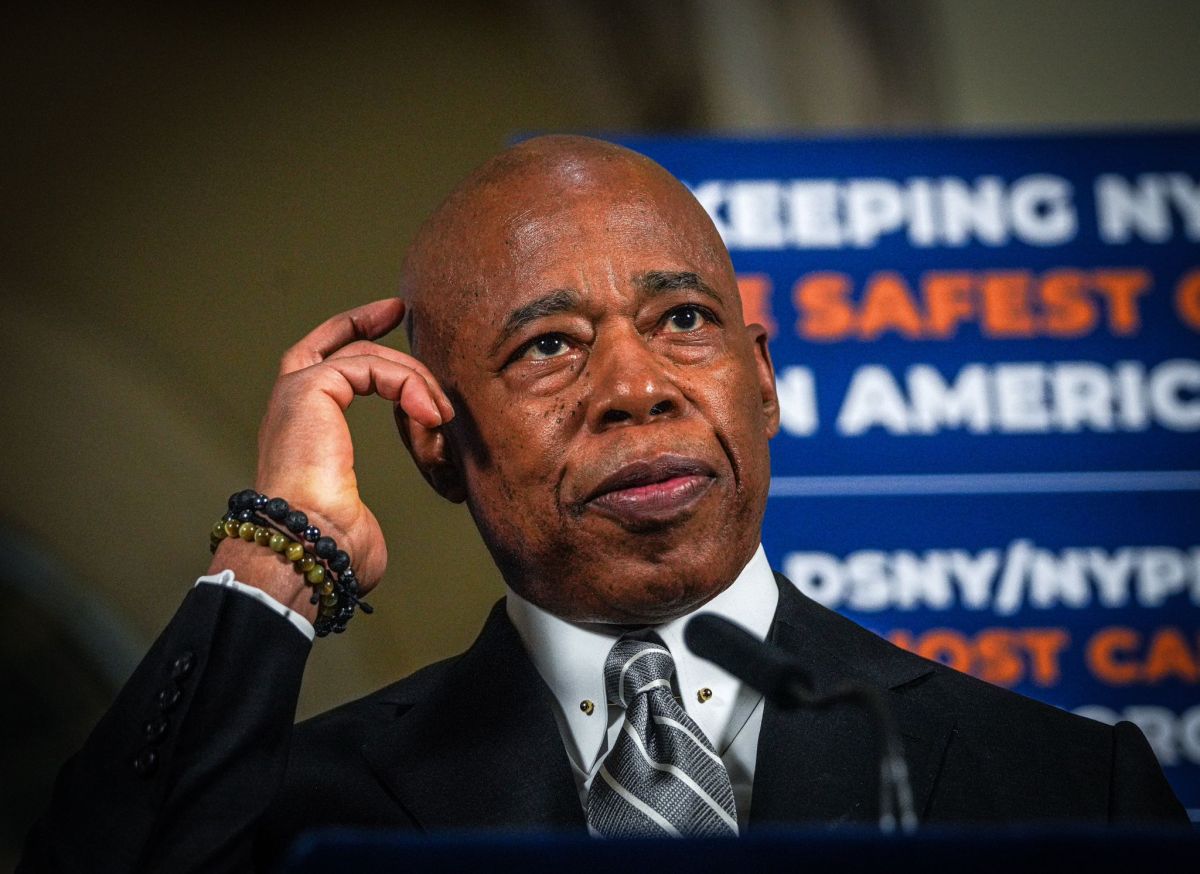New York faces greater challenges than perhaps at any time since 9/11, and the recession that gripped our city at that time. The sub-prime mortgage crisis has impacted every demographic of our city, from financial giants Bear Stearns, AIG and Lehman Brothers to working men and women struggling to hold onto their homes.
It will take months if not years to understand the full impact of the current crisis in international financial markets, but one thing is certain: The crises roiling the economy are already having a disproportionate impact on families here in the nation’s financial capital.
While the New York City metro area accounts for about 6 percent of our nation’s population, it is responsible for an estimated $1.25 trillion or 9 percent, of the $13.8 trillion total gross domestic product for the United States. That statistic has much to do with the importance of our city’s finance industry to our local and national economy.
Thousands are now expected to lose their jobs. Many are unsure about their future.
The securities industry accounts for some 5 percent of jobs in New York City, but it accounts for at least 20 percent of wages. The industry employs investment bankers, traders and brokers, but it also includes clerks, support staff and back office workers.
In fact, the impact of the current financial crisis goes beyond the finance industry. We often mention that every job created there results in the creation of an additional one and a half jobs. When securities jobs are lost, these satellite businesses and their employees are hit, resulting in a ripple effect throughout our communities.
The current turmoil on Wall Street will obviously have major adverse impacts on New York City’s economy. Before the startling events of the last two weeks, my office had forecast a loss of 25,000 jobs in the city’s securities sector out of a total of close to 200,000. That figure encompassed the losses stemming from JP Morgan Chase’s absorption of Bear Stearns in the spring.
Based on the multiplier effect, a loss of only 25,000 jobs in the securities industry could cause a loss of another 37,500 spread throughout the city’s economy.
Considering that Lehman Brothers had more than 12,000 employees in the city and the immediate vicinity, and AIG has almost 7,500 in New York City alone, the job losses may be even deeper than what we originally forecast.
Even more troubling, many of those job losses may be permanent, as opposed to cyclical layoffs that may be reversed in the not-too-distant future.
As Comptroller, I am the chief advisor to the city’s five pension funds. It is important for me to reassure the approximately 640,000 retirees, beneficiaries and city employees who are invested in the system that their money is safe and secure. I want to emphasize that the investments affected in recent days represent a very small percentage of the funds, which currently total more than $100 billion.
In the long-term, we as a city are well-positioned to survive the current crisis. New York City has weathered other troubles on Wall Street before, such as the financial crisis of the 1970s, the stock market crash in 1987 and the burst of the dot-com bubble only a few years ago.
The city has kept spending down where possible, although the mayor has said, and I agree, that we must not aggressively cut services that support our quality of life in order to save money during a downturn. A city that is safe, good for business and rich in tourism offerings is a city that will continue to thrive.
With every downturn New Yorkers have encountered, our city has rebounded stronger than before. That is the spirit of New York City. We are fighters. We are resilient. We are innovators.
William C. Thompson, Jr. is the Comptroller for New York City.



































